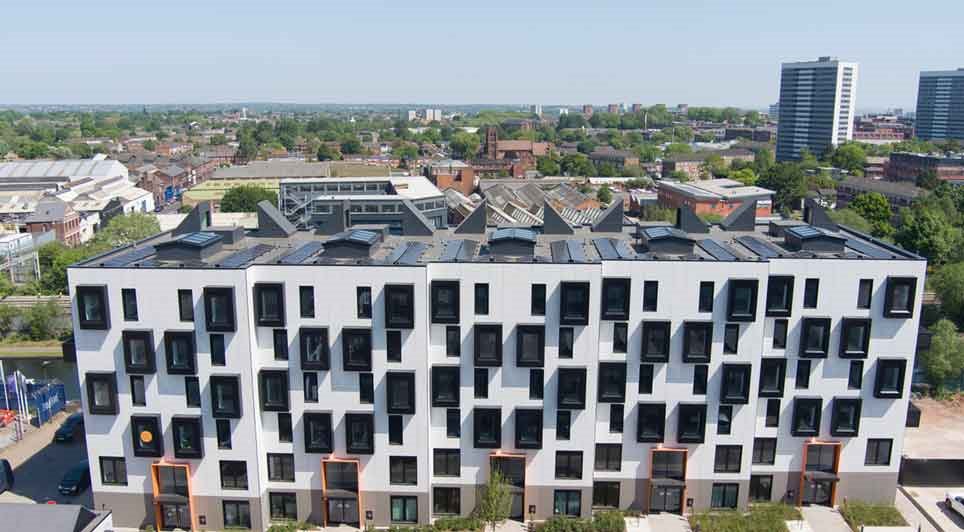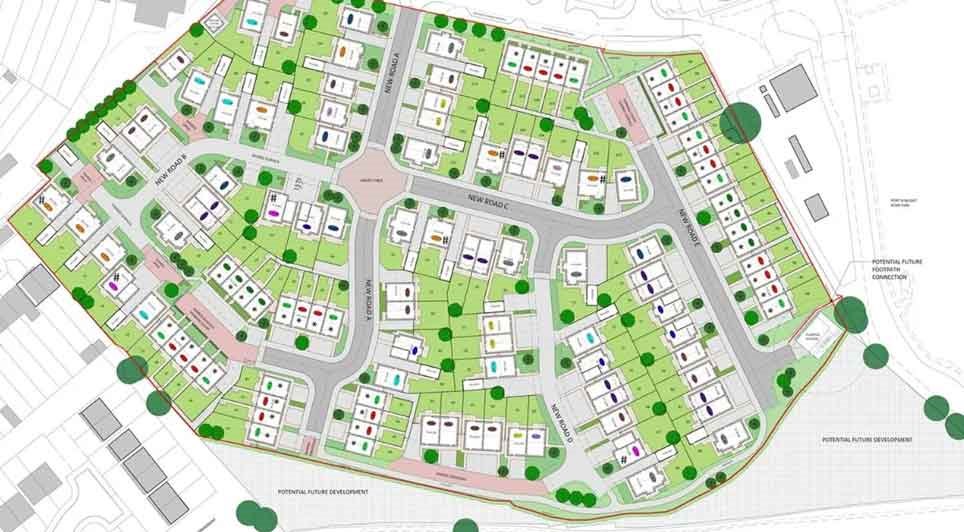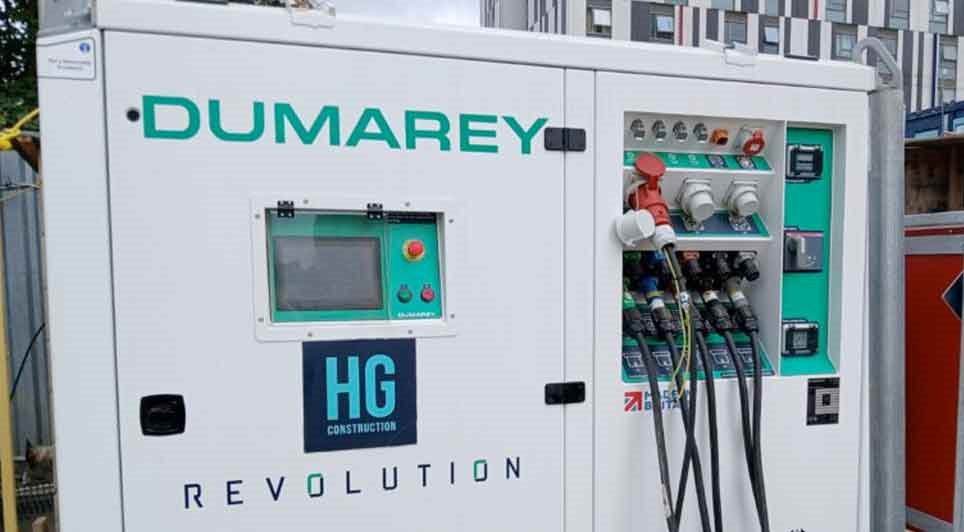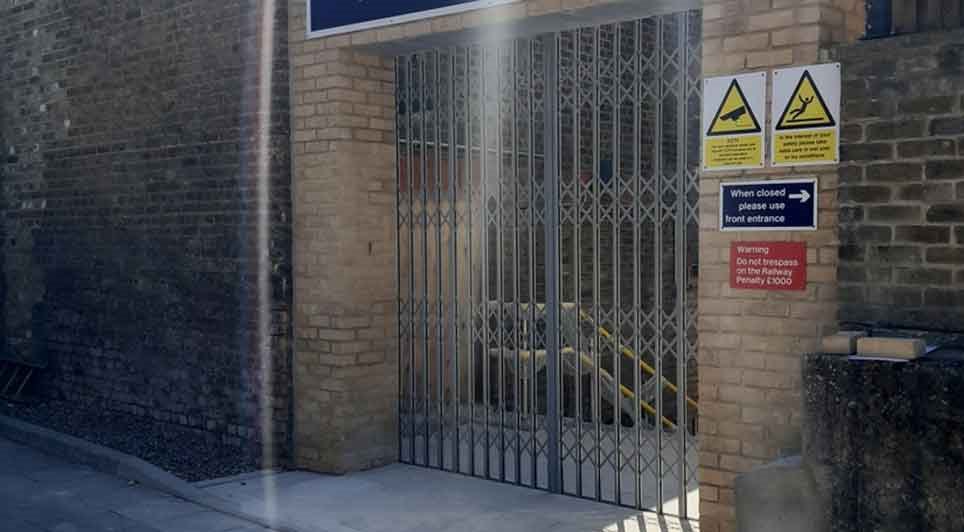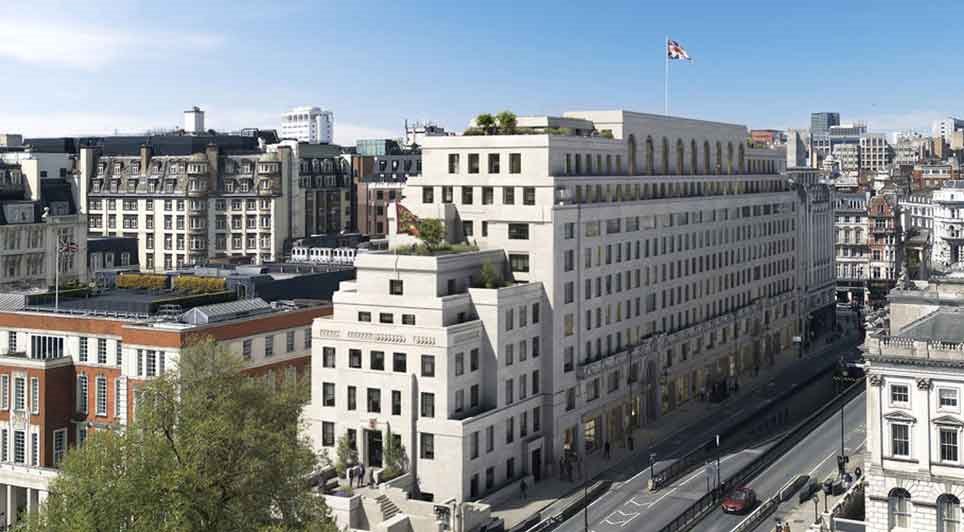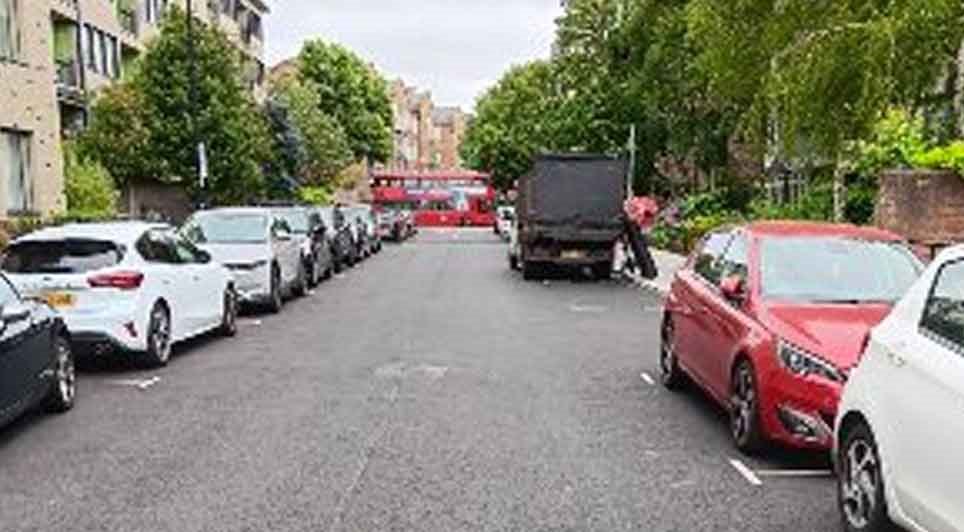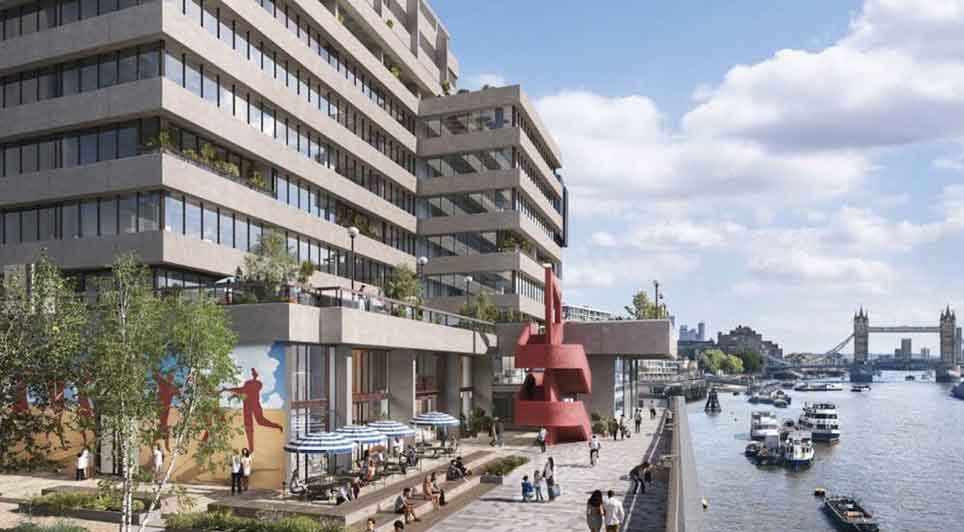In 2007, there were around 4m fuel poor households in the UK, up from 3.5m in 2006. In England, there were around 2.8m fuel poor households up from 2.4m in 2006.
The government has vowed to end fuel poverty in England by 2016.
The Four next steps are:
- Action to help the poorest insulate their homes. We are increasing obligations on energy companies to help the most vulnerable and plan to set a “Super” Priority Group obligation for the most vulnerable – such as poorer, older pensioners - as part of the extension to 2012 of the Carbon Emissions Reduction Target (CERT)
- Provision of street by street help in low income neighbourhoods. Up to 90,000 homes in England, Scotland and Wales will receive help to get whole house energy makeovers to save hard-pressed families around £300 per year on energy bills.
The first ten areas are today announced by British Gas as part of the Community Energy Saving Programme (CESP). Energy companies, in partnership with local authorities, will deliver around £350m of energy efficiency measures under CESP over the next three years - Action on prices for the most vulnerable. The social tariffs offered by the energy companies are vital for those who face real hardship. We plan to put voluntary social tariffs on a statutory footing
- Tougher regulation to make sure all consumers get a fair deal. Improvements have already been made over the last year and we now plan to give Ofgem new powers to police abuses in the market. We will continue to push energy companies to pass on wholesale price reductions as far and as quickly as possible
"We will build on the measures we’ve already brought forward, including the £20billion on benefits and programmes, without which 800,000 more people would have found themselves in fuel poverty.
"We plan to legislate to give new powers to the regulator to take action, make social tariffs mandatory not optional, and are planning new measures on energy efficiency targeted at the poorest."
(CD/BMcC)
 UK
UK Ireland
Ireland Scotland
Scotland London
London

.gif)



